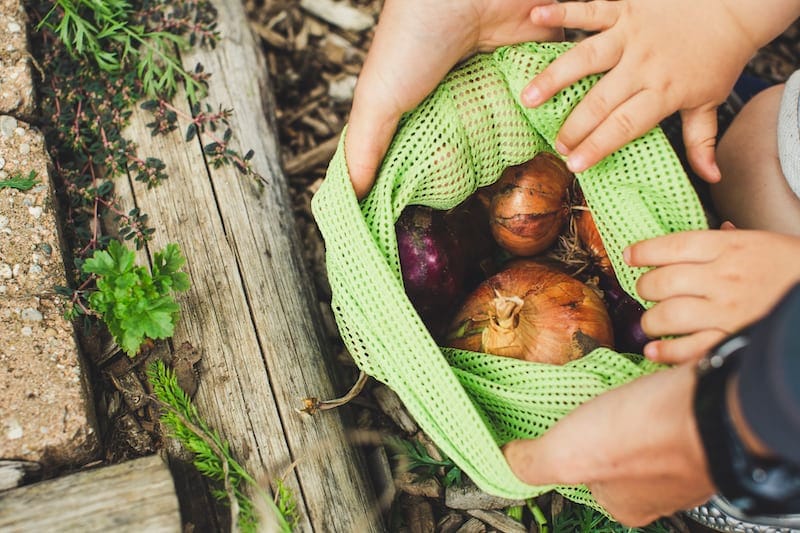Organic (organic farming)
- The basis for organic farming is always a living, healthy and nutrient-rich soil. Furthermore, organic farming is subject to a number of guidelines and requirements. These include, among other things
- – no use of synthetic chemical substances such as fungicides or pesticides
- – generally respectful treatment of the environment / nature and animals
- – no use of mineral, easily soluble fertilisers or genetically manipulated microorganisms (GMOs)
- – artificial flavourings, flavour enhancers and preservatives/colourings are also not used
- – the same applies to agents in the feed that have a growth-promoting effect
- – antibiotics are largely avoided
– these requirements are strictly and regularly monitored by independent EU organic inspection bodies, the umbrella organisation Bio Suisse or KRAV (private organic seal)

Values that organic farming implies
- Foodstuffs and other foodstuffs that are grown/produced organically must be produced in accordance with certain values. These are based on three pillars in terms of sustainability
- – Ecology
- – Economy
- – Social
In organic agriculture, arable land is to be managed in such a way that future generations will also be able to use the land for growing organic food. This forward-looking idea is supported, for example, by the so-called ‘sustainability flower’. Through a simple and smart graphic, holistic sustainability is expressed in a comprehensible way.
The 7-part ‘sustainability flower’ is a special procedure that evaluates the sustainable organisation and its development and also communicates this. The criteria include not only the elements of water, climate and soil, but also ecological, ethical and cultural issues that play an essential role in the production and processing of food in organic agriculture.
Principles of organic agriculture
- The IFOAM (International Federation of Organic Agriculture Movements) is the world’s umbrella organisation for organic agriculture. Within this organisation, principles have been developed that serve as a basis for further development and growth in organic agriculture: Health
Organic agriculture is intended to strengthen and preserve the soil, all plants and animals, as well as people, and thus the earth as a whole, through ecological treatment.
Ecology
Organic agriculture should support the natural cycle and build on living, healthy eco-systems. The latter are to be strengthened and imitated so that the valuable ingredients are preserved in the production of food.
Social justice
Through organic/organic farming, relationships shall be built that ensure equity in terms of sustainable opportunity and protection of the environment.
Care
Organic agriculture is to be practised in a responsible and precautionary manner so that present and future generations are guaranteed a healthy diet and thus well-being preservation. In addition, the environment is protected and preserved in a holistic way.

